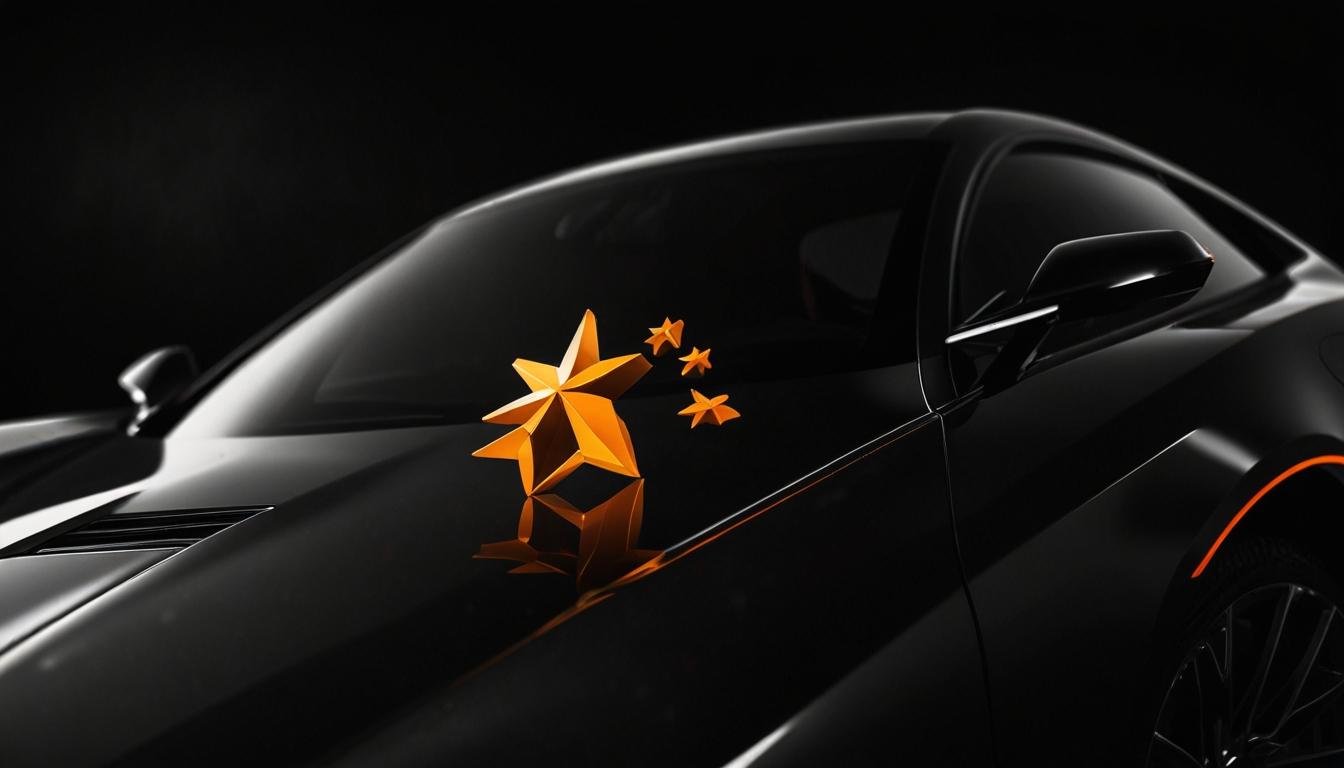Chinese car manufacturers are urging Beijing to impose up to 25% import taxes on European Union vehicles, particularly those with large petrol-driven engines, in response to potential EU tariffs on Chinese electric vehicles. This demand was made in a closed-door meeting attended by both Chinese and European carmakers, signalling escalating trade tensions.
Chinese car companies are urging Beijing to impose up to 25% import taxes on European Union (EU) vehicles, particularly those with large petrol-driven engines, in retaliation if the EU imposes tariffs on Chinese electric vehicles. This demand emerged during a closed-door meeting organized by China’s Ministry of Commerce, which was attended by both Chinese and European car manufacturers, including Volkswagen, BMW, and Porsche.
This response follows the EU’s announcement of potential tariffs ranging from 17.1% to 38.1% on Chinese electric vehicles, citing unfair competition due to Chinese subsidies. China’s state-run Global Times has echoed carmakers’ call for a 25% tariff on large-engine petrol vehicles imported from Europe.
Meanwhile, Spain’s agriculture sector, specifically its pork industry, is reacting to China’s investigation into EU pork imports, potentially jeopardizing Spain’s significant pork exports to China. Spain supplied 22% of China’s imported pork in 2023, worth €1.2 billion. This probe is seen as China’s response to the EU’s new tariffs on Chinese EVs. Although Spain’s pork industry has demonstrated resilience in past trade disputes, the potential tariffs remain a concern.
While the EU’s automotive industry is grappling with the rise of lower-cost Chinese EVs, analysts suggest that China’s moderate response indicates a potential willingness to negotiate rather than escalate into a full-blown trade conflict.
